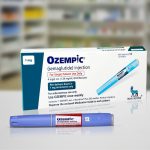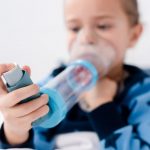
In findings that suggest more young Americans struggling with mental health issues are getting the help they need, a new poll shows that nearly a third of American adolescents and teens received some sort of mental health treatment in 2023. That translates to over 8 million young people between the ages of 12 and 17 getting counseling, medication or another treatment, the survey from the U.S. Substance Abuse and Mental Health Services Administration (SAMHSA) found. “We’re pleased to see that more people received mental health treatment in 2023 than the previous year,” SAMHSA Adminstrator Miriam Delphin-Rittmon said in an agency news release announcing the survey. Among adolescents, the biggest increase from 2022 was in the number of those getting mental health medications: Nearly 14% of those age 12 to 17 received such a prescription in 2023, up from 12.8% the year before. SAMHSA officials said they saw the increase shows that mental health treatment is finally being destigmatized. Rates of adolescents getting mental health treatment has increased virtually every year since 2009, though the agency noted that changes in how the survey was done were introduced in 2021. In 2022, the survey estimated that 7.7 million youths ages 12 to 17 had received mental health treatment of some kind. The increase in 2023 amounts to more than 500,000 more young people getting treatment, SAMHSA noted. Meanwhile, the rate of adolescents… read on > read on >














-150x150.jpeg)









-300x200.jpg)













